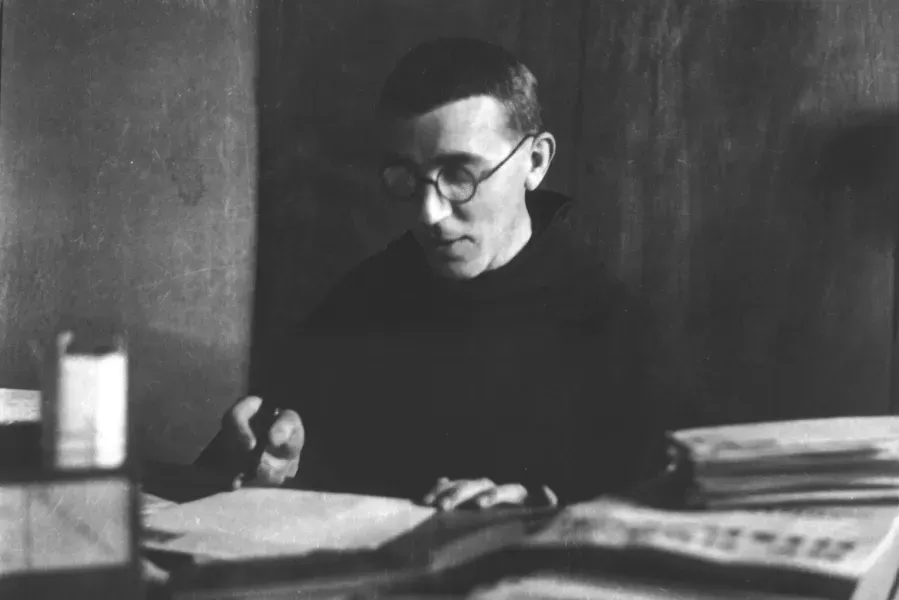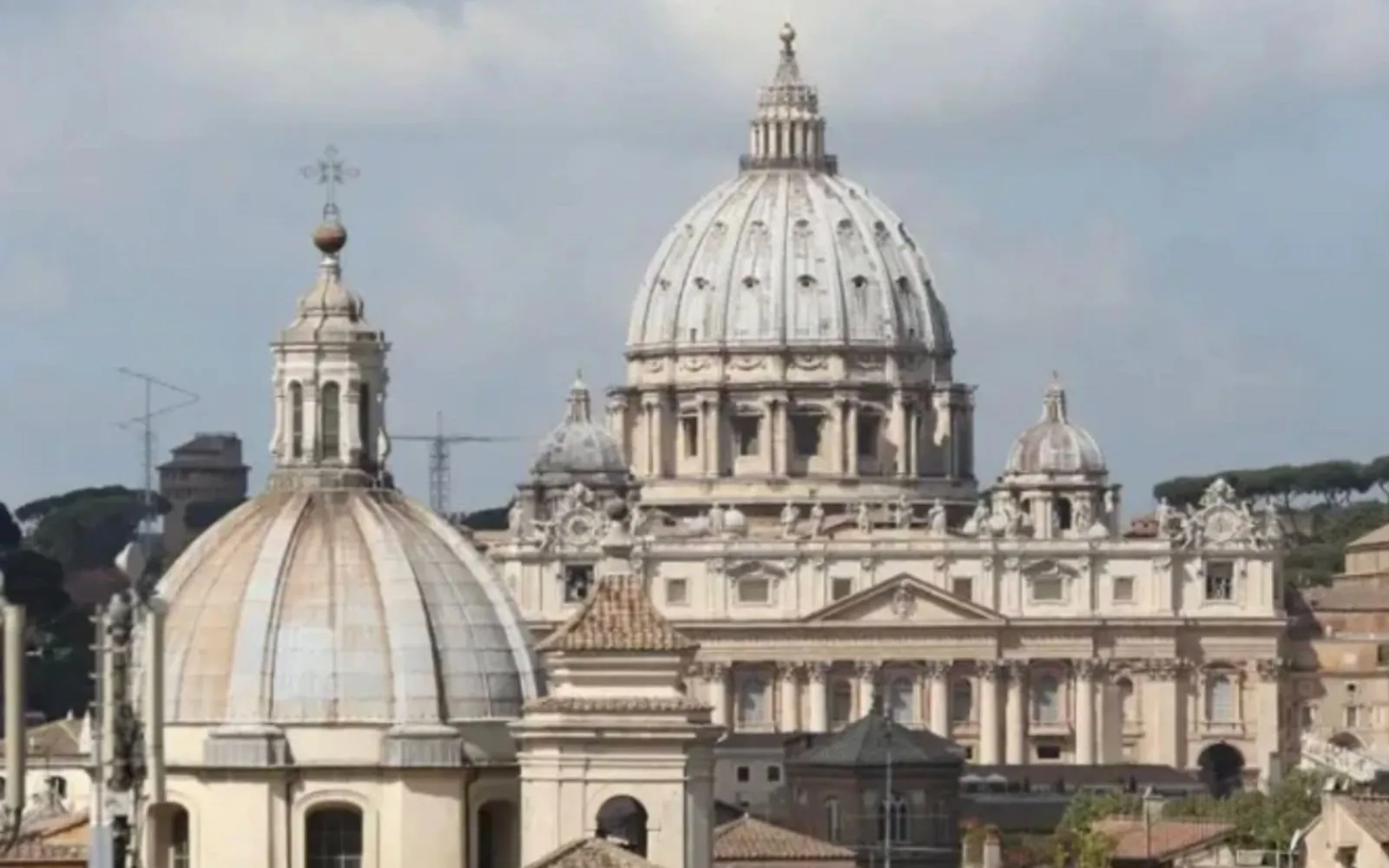Cortese studied theology at the St. Bonaventure Theological College in Rome and was ordained a priest in 1930 at the age of 23. He offered his first Mass in the Basilica of St. Mary Major.
He spent several years serving at the Basilica of St. Anthony in Padua, where he was asked to be the director of the Italian Catholic magazine Il Messaggero di Sant’Antonio (The Messenger of Saint Anthony), whose readership grew by 500,000 under his leadership.
After the German occupation of Padua, Fr. Cortese was part of an underground group linked to the Resistance, using his printing press to make false documents to help Jewish people and Allied soldiers reach safety in Switzerland.
In October 1944, two German SS officers tricked Cortese into leaving the walls of his monastery in Padua, which was protected as an extraterritorial territory of the Holy See, on the false pretext of someone needing his help.
Cortese was immediately arrested and taken to a Gestapo bunker in Trieste, where he was brutally tortured. But he did not give away the names of any of his associates, according to Fr. Giorgio Laggioni, his vice-postulator.
After weeks of torture, he died in Gestapo custody in November 1944 at the age of 37. His confessional in the Basilica of St. Anthony of Padua continues to be a place of prayer today.
In one of his letters to his family, Cortese wrote: “Religion is a burden that one never tires of carrying, but which more and more enamors the soul toward greater sacrifices, even to the point of giving one’s life for the defense of the faith and the Christian religion, even to the point of dying amid torments like the martyrs of Christianity in distant and foreign lands.”
In the decree from the Vatican Congregation for the Causes of Saints that advanced Cortese’s cause, two laywomen were also recognized for their heroic virtue.
Enrica Beltrame Quattrocchi, an Italian laywoman who died in 2012, is also on her way to sainthood, along with her parents, Bl. Luigi and Maria Beltrame Quattrocchi, who were beatified together in October 2001.
Unlike her three older siblings who each followed vocations to religious life, Enrica lived out her Catholic faith as an unmarried lay Catholic who served as a high school teacher, a volunteer helping the poor, and a caretaker for her parents in their old age.








